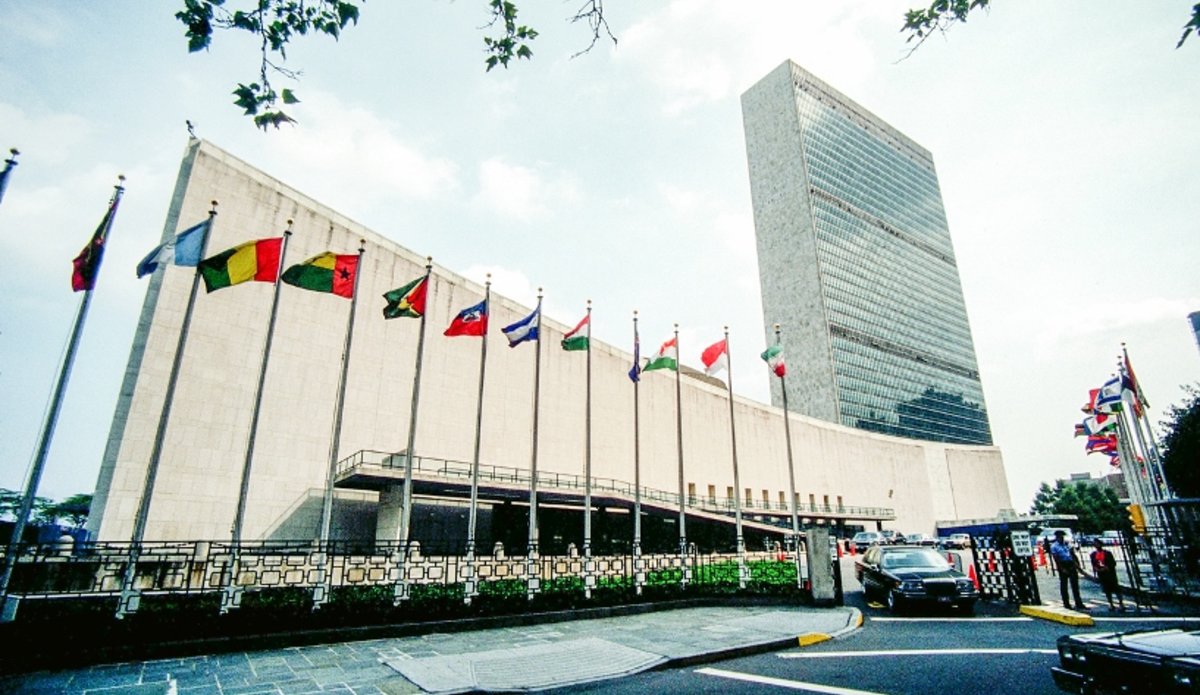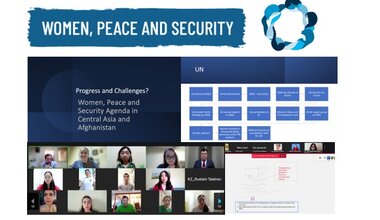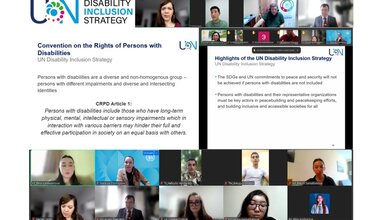Security Council stresses need for further cooperation in Central Asia
NEW YORK –
The Security Council today stressed the need for cooperation and coordination between governments in Central Asia and regional organizations to strengthen peace, stability and sustainable development in the region.
In particular, the 15-member body underlined the need for governments to collaborate with the UN Regional Centre for Preventive Diplomacy for Central Asia (UNRCCA), in a statement issued to the press.
Established in 2007 at the initiative of the governments of the five Central Asian countries and based in Ashgabat, the capital of Turkmenistan, UNRCCA is a special political mission which works to promote dialogue between the region's governments in finding solutions for emerging problems and eliminating potential threats.
"The members of the Security Council commended the specific focus in the Centre's activities on the impact of transboundary threats facing the region, implications of national developments on regional stability and the management of water and energy resources and environmental degradation, and the benefits of increased counter-terrorism cooperation," said the statement.
Members of the Council expressed their appreciation for UNRCCA's work as an example of preventive diplomacy mechanisms available to the UN which contributed to fostering good neighborly relations and cooperation, and as a mechanism to assist Central Asian States to respond to domestic and transnational threats to peace and sustainable development.
The Council's statement followed a closed-door briefing by the Secretary-General's Special Representative and head of UNRCCA, Miroslav Jenča, about the Centre's work over the past six months.
The Council welcomed the role of the Centre in facilitating assistance by Central Asian States to normalize the situation in Afghanistan as it moves from transition to transformation, and in aiding them in the implementation of the UN Global Counter-Terrorism Strategy.
"The Regional Centre over the past five years has become a recognized partner in the region and worked to help the countries of Central Asia identify and develop mutually acceptable solutions to existing and emerging problems," the statement said.
 UN
UN





